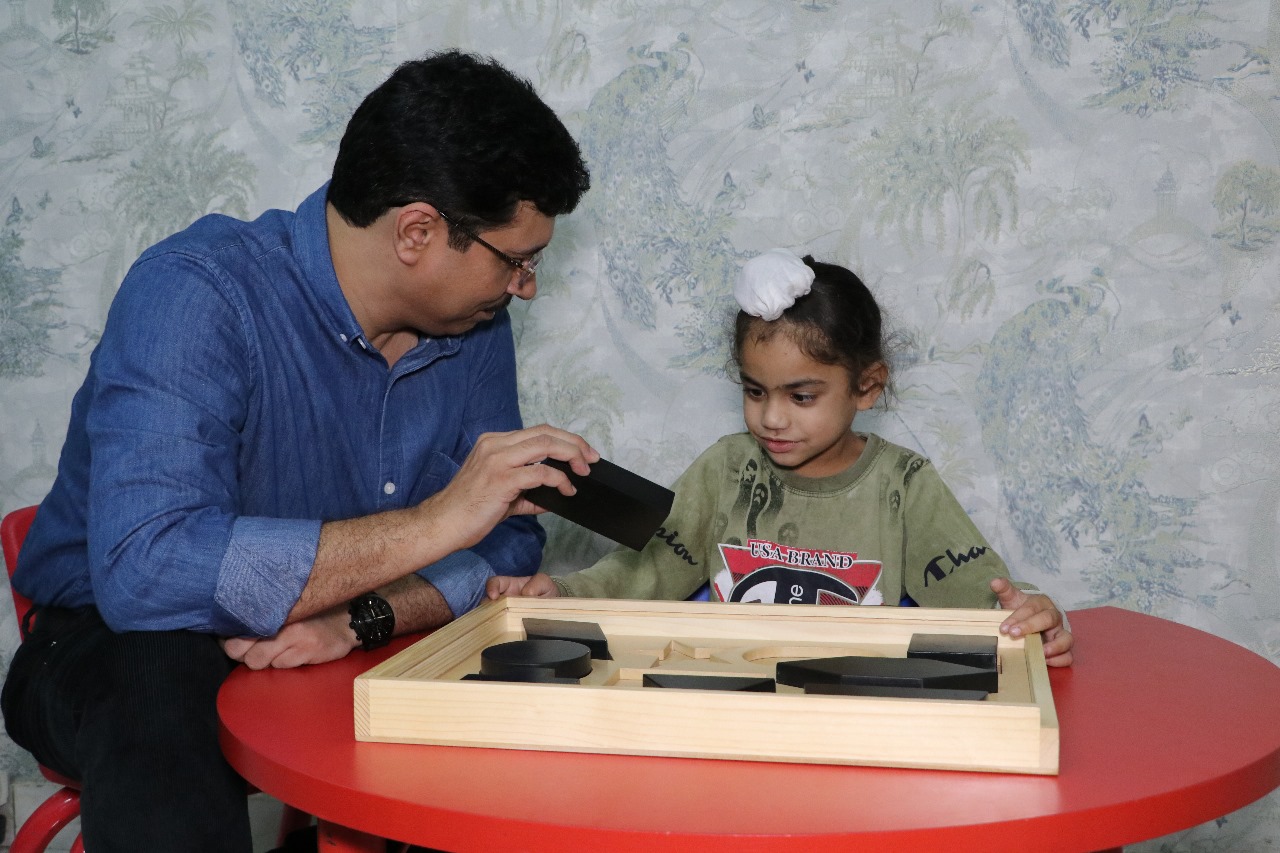Understanding Autism: Symptoms and Therapies

Autism, or Autism Spectrum Disorder (ASD), is a complex neurodevelopmental condition that impacts how a person communicates, behaves, and relates to others. Affecting people differently, autism is often described as a spectrum because it includes a wide range of symptoms and behaviours that vary in intensity. Though the cause of autism isn’t fully understood, research suggests a combination of genetic and environmental factors may contribute to its development. Understanding the characteristics of Autism and exploring therapeutic approaches can help families and caregivers provide supportive care.
What is Autism?
Autism Spectrum Disorder is generally identified early in life, often by age three, but symptoms can be present even before the age of two. It is characterised by challenges with social skills, repetitive behaviours, and difficulties with speech and nonverbal communication. Each person with Autism may experience these challenges differently; some may require significant support, while others might lead relatively independent lives.
Symptoms of Autism
Symptoms of Autism often appear early in childhood and can range from mild to severe. Here are some common signs and symptoms to be aware of:
1. Communication Difficulties
○ Delayed speech development or lack of speech
○ Trouble using language to communicate needs and feelings
○ Difficulty understanding gestures, facial expressions, or tone of voice
○ Lack of eye contact or avoidance of physical contact
2. Social Challenges
○ Limited interest in social interactions, often preferring solitary activities
○ Difficulty forming or maintaining friendships with peers
○ Little to no engagement in shared interests or play
○ Struggles with understanding and expressing empathy
3. Repetitive Behaviours and Routines
○ Repetitive movements like hand-flapping, rocking, or spinning
○ Strong preference for specific routines and discomfort with changes
○ Fixation on specific topics, objects, or activities
○ Repetitive use of language, such as echoing others (echolalia)
4. Sensory Sensitivities
○ Unusual responses to sensory stimuli, such as being highly sensitive to sounds, textures, lights, or smells
○ Seeking or avoiding sensory experiences, such as certain tastes or physical sensations
The presentation of these symptoms varies widely, and no two people with Autism have exactly the same profile. Some individuals with Autism may also exhibit strengths in areas like memory, pattern recognition, or visual and musical abilities.
Common Therapies for Autism
Autism Spectrum Disorder requires tailored approaches to address individual needs and developmental goals. Below are some effective therapies that are commonly used:
Occupational Therapy (OT)
Helps individuals develop fine and gross motor skills, improve sensory processing, and enhance daily living skills like dressing, eating, and personal hygiene.
Speech Therapy
Focuses on improving verbal and non-verbal communication, language development, articulation, and understanding gestures and expressions.
Applied Behavior Analysis (ABA)
A structured approach that uses positive reinforcement to improve specific behaviours like communication, social skills, and daily routines. ABA is highly effective in reducing problem behaviours and promoting independence.
Expressive Art Therapies
Utilises creative outlets such as art, music, and drama to foster emotional expression, reduce anxiety, and improve communication and social interaction skills.
These therapies, when integrated into a personalised intervention plan, help individuals with Autism build essential skills, navigate challenges, and unlock their potential for growth and independence.
The Importance of Early Intervention
Early diagnosis and intervention are key factors in supporting individuals with Autism. Studies have shown that children who begin receiving appropriate therapies early in life demonstrate notable improvements in skills, behaviour, and quality of life. With a supportive approach and a customised therapy plan, individuals with Autism can develop their abilities, navigate challenges more effectively, and enhance their independence.
Final Thoughts
Autism Spectrum Disorder is a multifaceted condition that presents unique challenges and opportunities for growth. By understanding the symptoms and therapeutic approaches available, caregivers and families can make informed decisions that support the individual’s needs and aspirations. With patience, tailored interventions, and community support, individuals with Autism can lead fulfilling lives, contributing their unique strengths to the world.
Regards
Dr. Atul Madaan (Autism Specialist)
MAAP, MBA, MPhil (Clin. Psy), PhD (Psy)
Operational Head & Clinical Psychologist- Care For Autism (CFA)
8383849217
𝐂𝐀𝐑𝐄 𝐅𝐎𝐑 𝐀𝐔𝐓𝐈𝐒𝐌 (CFA)
One-of-a-Kind Assessment & Remedial Training Centre for Special-needs Children.
📌 Ludhiana : 114, Green Field, Kochar Market Road, Near National Lab, 9646443200
📌 Jalandhar : Hoshiarpur Road, Mubarkpur Shekhein Under Bridge, Near Railway Crossing, 9779725400
#autismdoctorludhiana #autismdoctor #autismdoctorinludhiana #autismspecialist #bestautismdoctor #bestautismdoctorinludhiana #autismbestdoctor #bestautismconsultant #autismconsultant #autismludhiana #autismspecialistinludhiana #dratulmadaan #autismtreatmentludhiana #autismtreatment #autismawareness #sensoryfriendly #adhd #coordination #dyspraxia #sensoryintegration #occupationaltherapy #finemotorskills #grossmotorskills #sensorydiet #sensoryprocessing #autism #autistic #autismacceptance
Contact
Ludhiana
114, Green Field, Kochar Market Road, Near National Lab, Ludhiana (Punjab), India +91 96464 43200
Jalandhar
Hoshiarpur Road, Sheikhen Pind (Under Bridge), Near Railway Crossing, Jalandhar (Punjab), India +91 97797 25400
